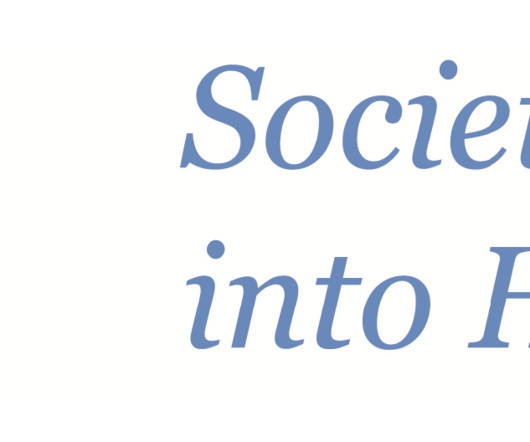Institutional autonomy: does it need an ‘academic community’?
HEPI
FEBRUARY 15, 2024
The arrival of the ‘alternative provider’ In 1997 the Dearing Report saw diversity in British higher education institutions as an advantage ‘especially in providing for student choice; in programme and pedagogic innovation’ and ‘in the ability of the sector as a whole to meet the wide range of expectations now relevant to higher education’.












Let's personalize your content